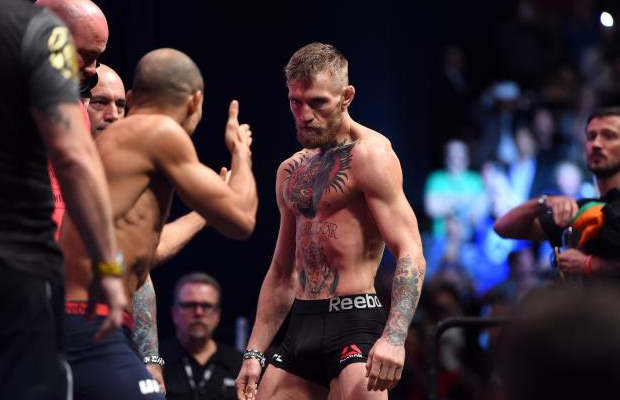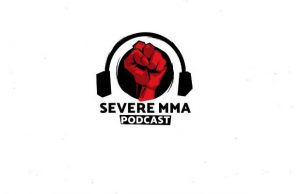
A recent piece by the Review Journal focused on the UFC’s new weight cutting rules; the latest measure being introduced to ensure fighters’ safety is prioritised. The new rules follow last year’s banning of the use of IV drips for rehydration, with the hope that this might prompt safer weight cuts. Quoting UFC legend, Forrest Griffin, it is apparent that knowledge around the topic perhaps wasn’t where it should have been in the early days:
“I was so bad at it that Bobby Southworth and Josh Koscheck taught me how to do it on the show, and I’m still grateful for that… I used pretty much what the two of them taught me for the rest of my career. Before that, I’d done a couple cuts where I really had no idea what I was doing.”
Griffin has since been employed in a performance consultant capacity by the UFC and the article mentions that he has thrown his full approval behind the new policies. The regulations have been specifically designed to ensure fighters are not only protected, but educated on the topic of weight cutting:
“Along with increased education for athletes on proper weight-cutting techniques and rehydration methods during fight weeks and at athlete summits, the UFC has introduced a system of data collection and athlete monitoring of weight and vital signs that will enable the organization to create a database to track and analyze information on each fighter.”
In tandem with these educational summits, athletes must be within 8 percent of their target weight when they enter the week of the fight. Fights won’t be pulled, but those who fail to meet the criteria will have their weight and vital statistics monitored on a daily basis, as well as being forced to attend weight management counselling. Quoting Jeff Novitzky, the UFC vice president of athlete health and performance, the article details further:
“The only hard and fast rule in there, and I think it’s probably the most important thing in terms of the guidelines, is that 8 percent number… If they’re not, it’s not in the rules the fight won’t happen, but we sure are going to pay very close attention to them, including taking daily weight, daily vitals, and as it progresses, if they show signs of being dehydrated, they will be pulled from the fight.”
While it may sound like a drastic measure when compared to what went before, Novitzky articulated that the banning of IV drips has resulted in fighters coming in under the 8 percent figure anyway; a welcome side effect that should make the new rules easier for fighters to abide by:
“It had a very surprising side effect in that it helped curtail extreme weight cuts,” he said. “You also see a whole bunch of fighters employing the services of nutritionists, so they are being smart about managing their weight.”
The UFC is also catering for fighters on the lower end of the pay scale that simply can’t get the funds together for their own nutritionist, as Novitzky explained:
“And the UFC is trying to provide as much as we can for the fighters that can’t afford a nutritionist. We’ve consulted with experts who have told us, ‘Hey, here’s the optimal things you want to be eating or drinking 24 hours before your fight, after the weigh in.’ So we provide that for the fighters.”
As with most professional and competitive sports, athletes are reluctant to adapt to new methods without getting a performance edge in doing so. Novitzky believes there are genuine benefits to approaching the weight cut in a more scientific manner, and that fighters are gradually coming around to the idea:
“The anecdotes that I get after fight nights are all based on that where you hear, ‘Wow, you’re right. I really did feel better, had more energy, felt like I had more legs.’ It’s very encouraging to hear that.”
Research physiologist, Robert Kenefick, who has been working with the UFC on the new policies, was quoted as supporting the argument that a poor weight cut does in fact have an impact on fighters’ ability to perform:
“When you start to lose greater than 4 percent mass, it definitely impacts aerobic activity, and there’s some evidence out there to suggest also anaerobic activity like power and strength can be impacted… There’s strong evidence to suggest their performance is going to be impacted.”
This was also backed up by Forrest Griffin, who should certainly be able to attest to the effects of a poor weight cut, having detailed the struggles he faced during his career as a result of his ignorance to weight-cutting methods:
“When I fought in Denver, I came in Wednesday and I wasn’t acclimated to the altitude, and then I had a really hard cut,” he said. “Being the genius I am, I sat in the hot tub for like three hours to make weight, and I felt like jello the next day.”
As for how well the new rules will sit with current fighters, or if they do actually improve athletic performance, only time will tell.












You must be logged in to post a comment Login